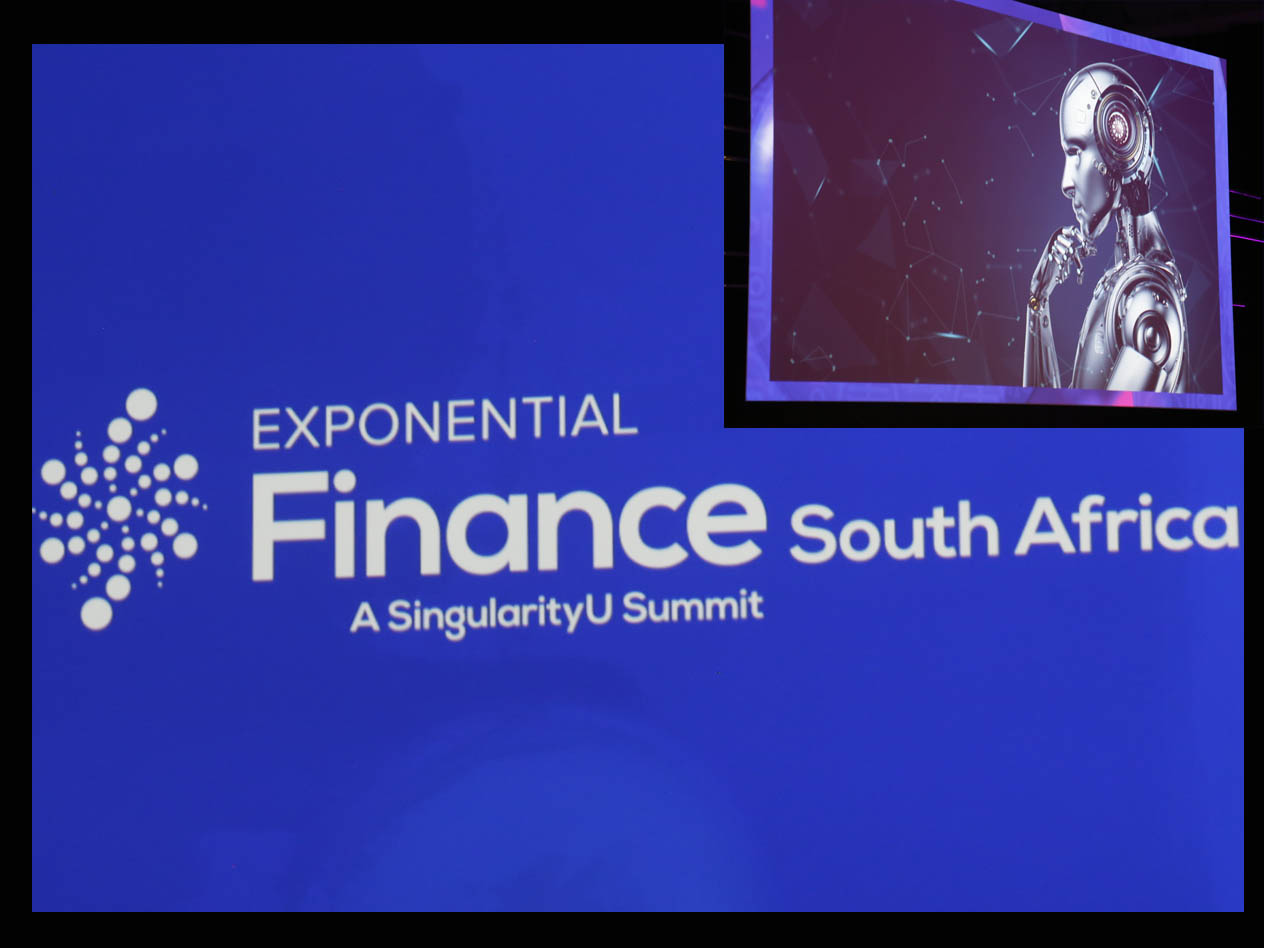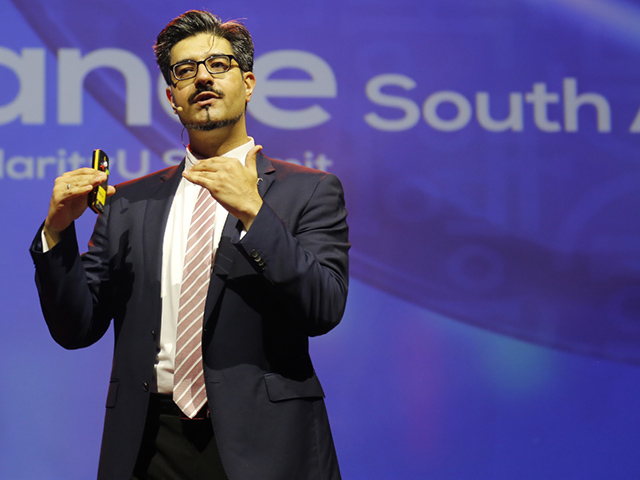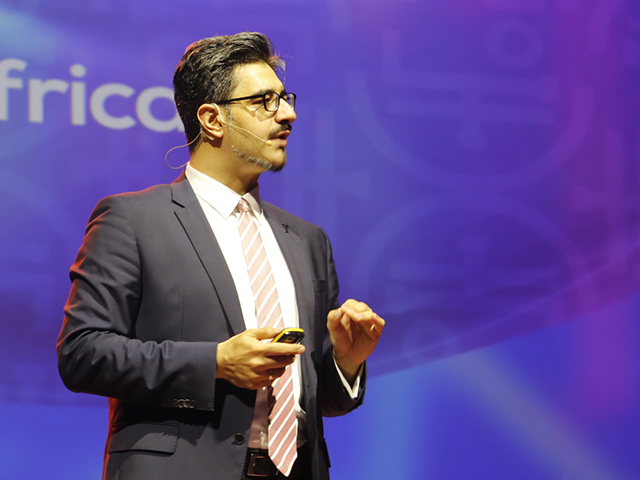SingularityU Exponential Finance Summit: Financial service providers be warned
By Ryan Noik 3 June 2019 | Categories: news
At the SingularityU Exponential Finance Summit, held in Cape Town this past week, one of the standout talks was the fate of both conventional service providers – such as banks and insurance companies – and the agile and growth-hungry fintechs popping up.
For the former, the CEO and founder of T-Labs, Amin Toufani had this to say: “Winter is coming.”Echoing the grave warning uttered during every season of Game of Thrones, he explained by way of example, exactly why the established fortunes of the traditional players may be as in jeopardy as a city facing a full grown fire breathing dragon.
Toufani compared the 95 year old Bank of America to a fifteen year old start up, Ant Financial. If at this point you think the former surely must come out on top, here’s your spoiler alert: it’s not even close.
Chalk and cheese
While Bank of America takes 20 days to approve a small business loan, Ant Financial can do it in two seconds. While the former never allocates inactive capital of its clients so that they can start earning interest, the latter does it instantly. Whereas Bank of America has 4000+ branches, Ant Financial has zero. And while the established bank still sends out paper statements, relies on cash, and needs a bank manager to review potential fraudulent activity on one’s account, the newer financial services provider is paper free, cash free and fully AI driven.
Oh yes, also in its favour is that Ant Financial outstrips its competition, with an annual revenue of $150 billion. Compare that to another titan of the industry, Goldman Sachs, which has a revenue of nearly half, at $80 billion and you begin to see that there is nothing tiny about this ant.

Preparing for the cold
So what can financial industry incumbents do to metaphorically speaking thrive in the winter, and more really, remain relevant in a digital-first world?
Toufani offered a number of suggestions. The first of these is to accept that the future of industry is zero clicks, where transactions are automated, seamless and invisible. As well, financial services need to get to grips with an “extreme over-delivery of value” to their customers. Just one example of this as that as a motorist starts driving through a more dangerous part of town, their car insurance policy automatically updates to cover them for theft or mugging.
“Think of your customer as being the sun, the centre of your universe. When you do that, and move away from being used to customers revolving around you, the financial sector, then the business models change,” he continued.
“Realize that today customers expect your processes to be ten times faster, cheaper, easier, and predictive. In other words, try be more like Google and Amazon,” he added.

Do you speak data?
Toufani also encouraged financial professionals to reflect on the fact that people, property and information all have a digital representation, and reflect on what this means for every person, product and process.
Finally, he stressed that that financial organisations should hire trilinguals. These are people who ‘speak’ decision science, coding and AI and thirdly the position they are applying for. “Notice the order. Increasingly, in working with the financial sector, we are noticing companies beginning to only hire trilinguals,” he noted.
He added that that does not mean every employee needs to actually write code, but understanding the coding mindset has become essential.
Disruptors, take heed
For those disruptors in the market, Toufani also had some advice. Most particularly, he urged aspiring fintech startups to invest in backward compatibility while building exponential business models. As well, he stressed that dynamic pricing, whereby the price varies depending on who is buying the product/service and when they are buying it, is imperative.
“People seem to be doing what companies used to do, and companies seem to be doing what governments used to do. As to how do you create value in an exponential world, ask whether the virtual digital connected version of a service exists. If not, go build it,” he stressed.
Finally, he encouraged start-ups to cater to nano economics, whereby incremental value is created seamlessly. Just one example of this could be a scenario where one’s smart car automatically offers small amounts of Bitcoin to cars in front of one to let them pass, for example if one was in a rush and didn’t want to wait in traffic
The world ahead
What does all this mean to the common man and woman on the street? In the future, people can look forward to living in a financial world that responds to them, either to help them avert financial disaster and even earn a passive income, probably through Bitcoin, based on their actions.
Whether it’s existing incumbents or new players who bring these solutions to the fore, remains to be seen.
As for those in the financial services industry that don’t head cater to a changing sector and embrace exponential technologies? Well, they may well find themselves left out in the cold.
Most Read Articles

Have Your Say
What new tech or developments are you most anticipating this year?



